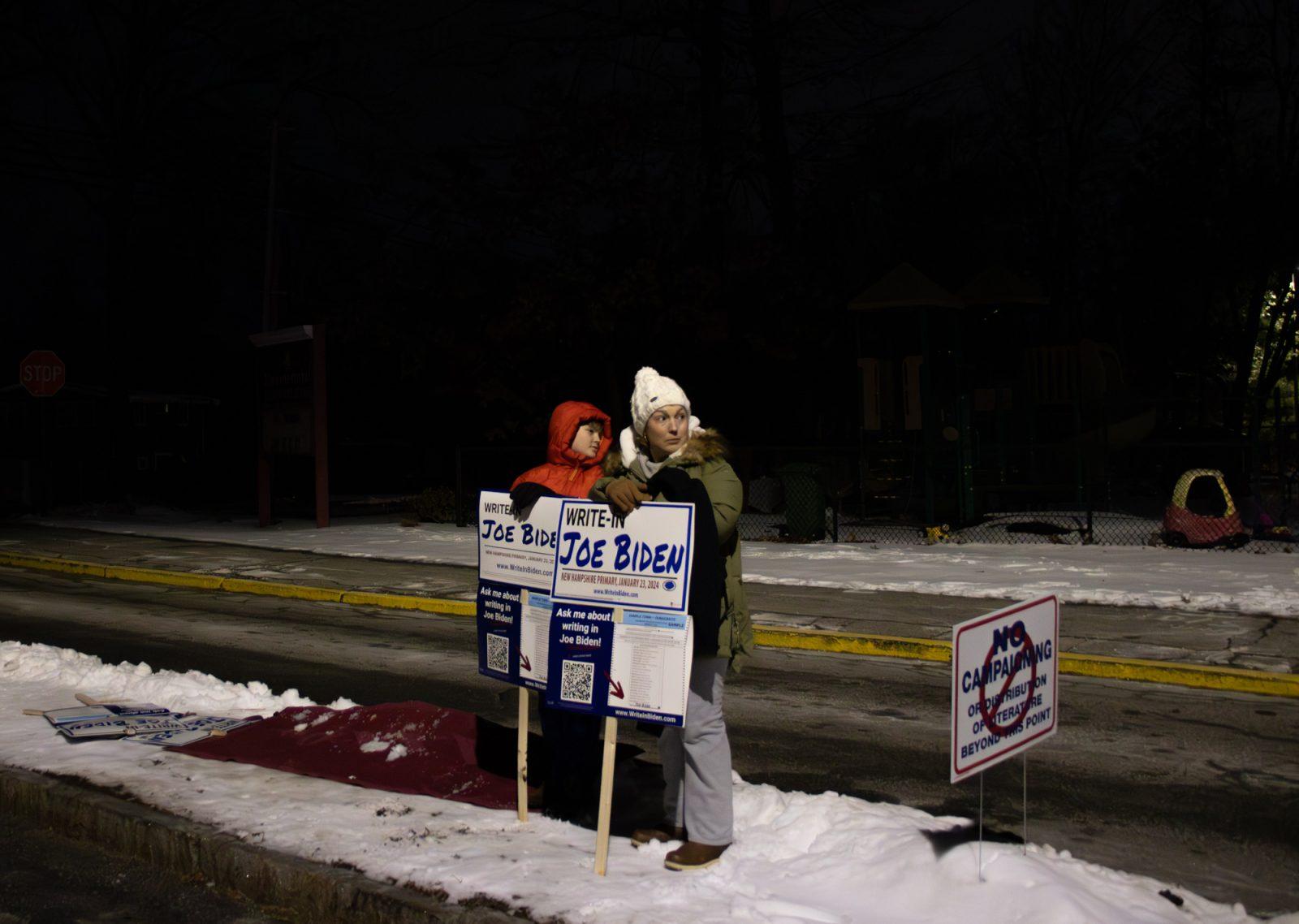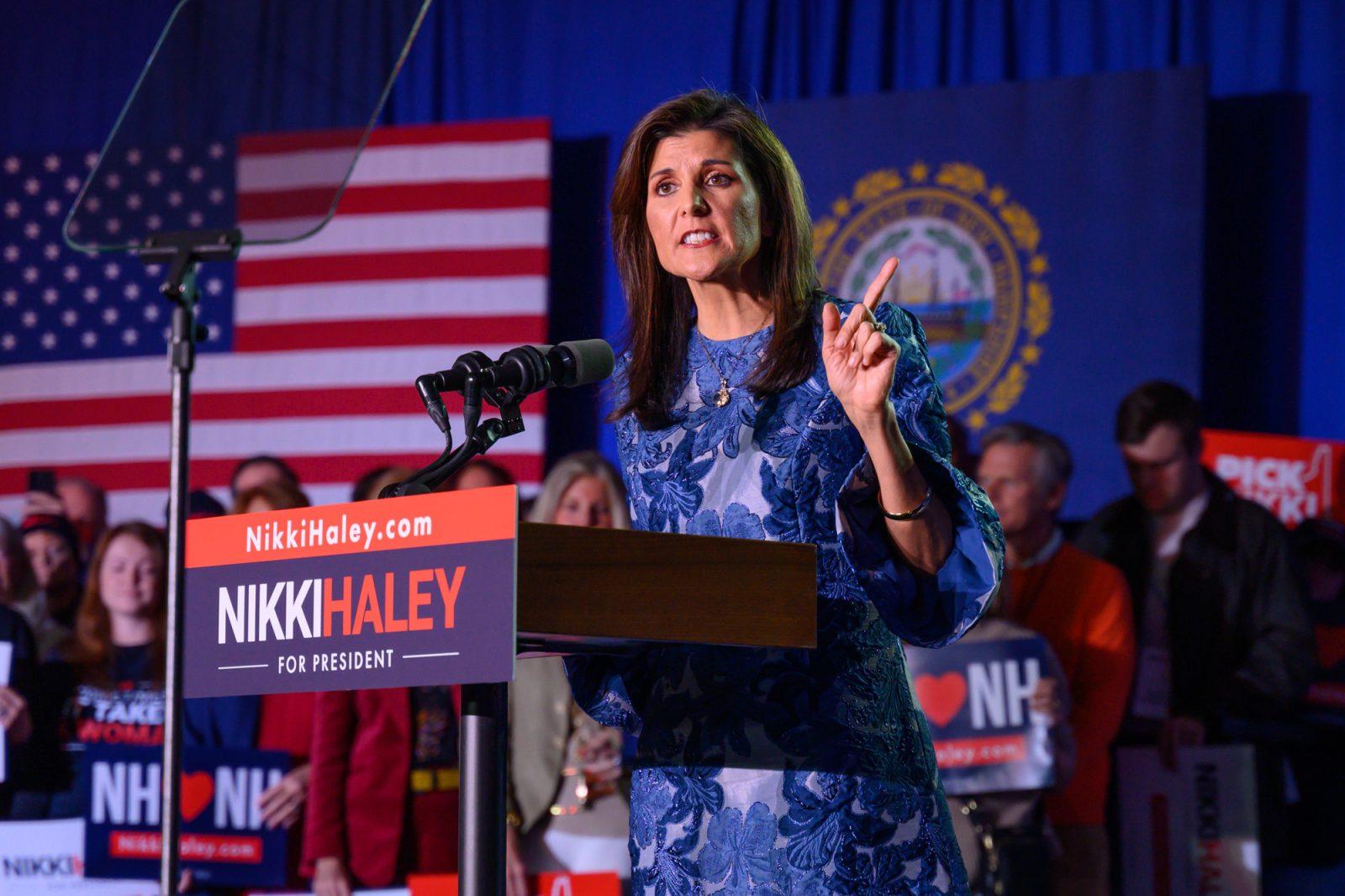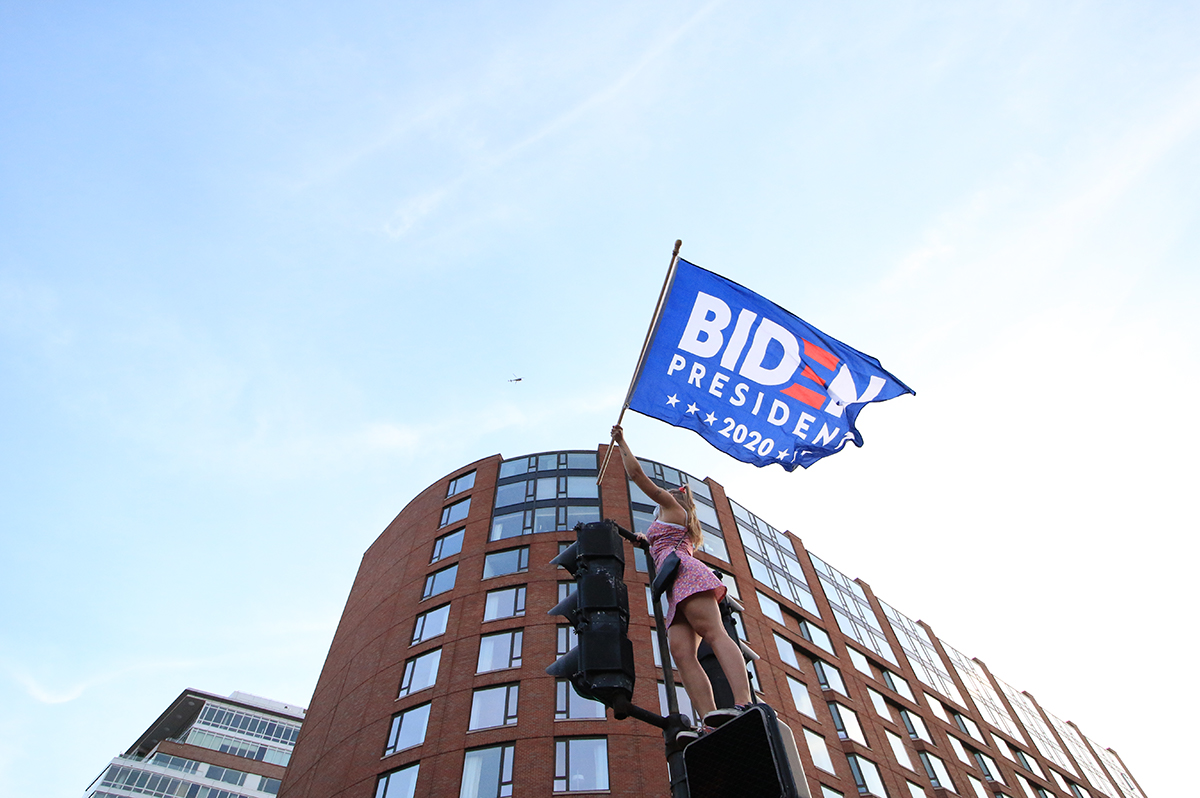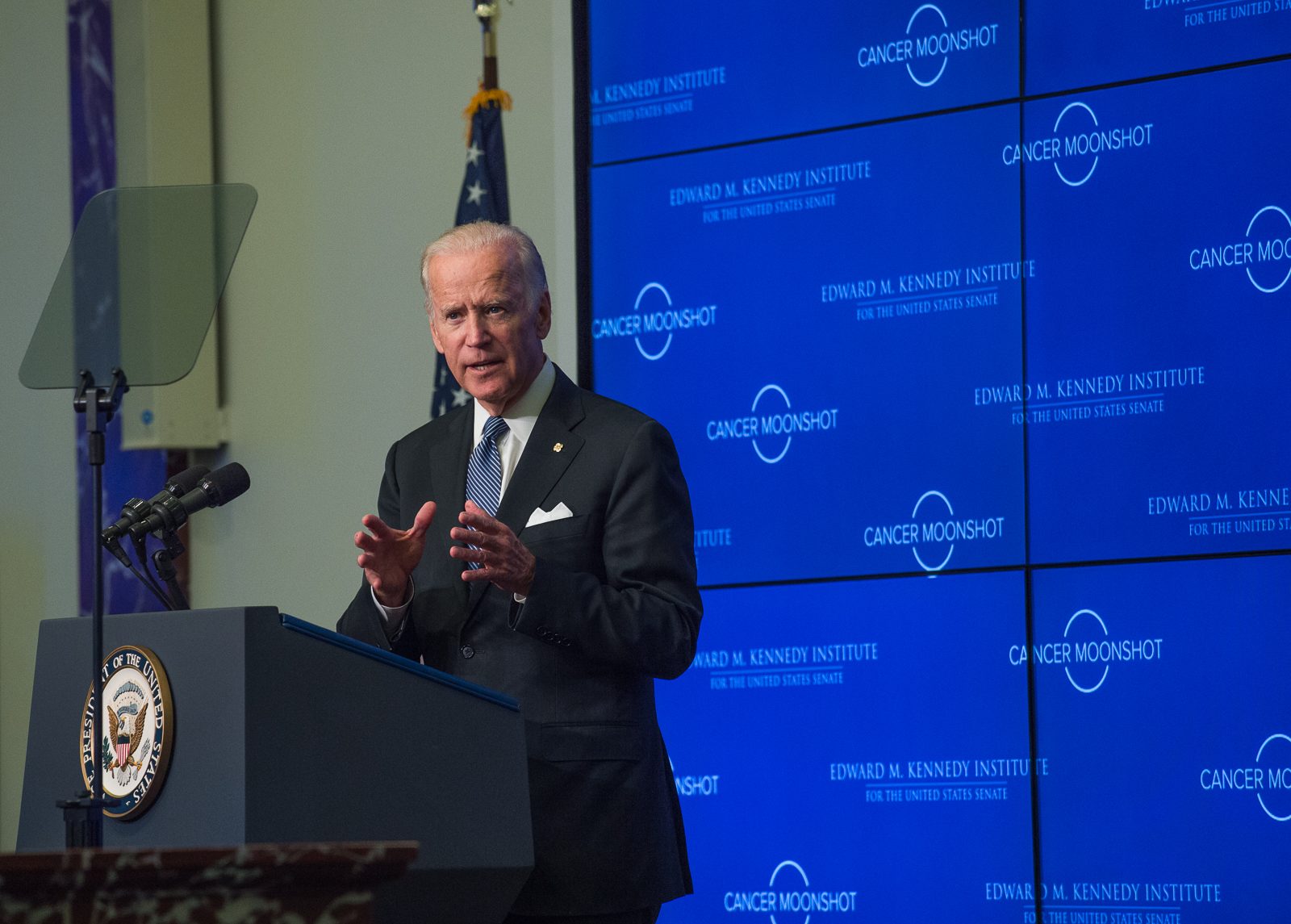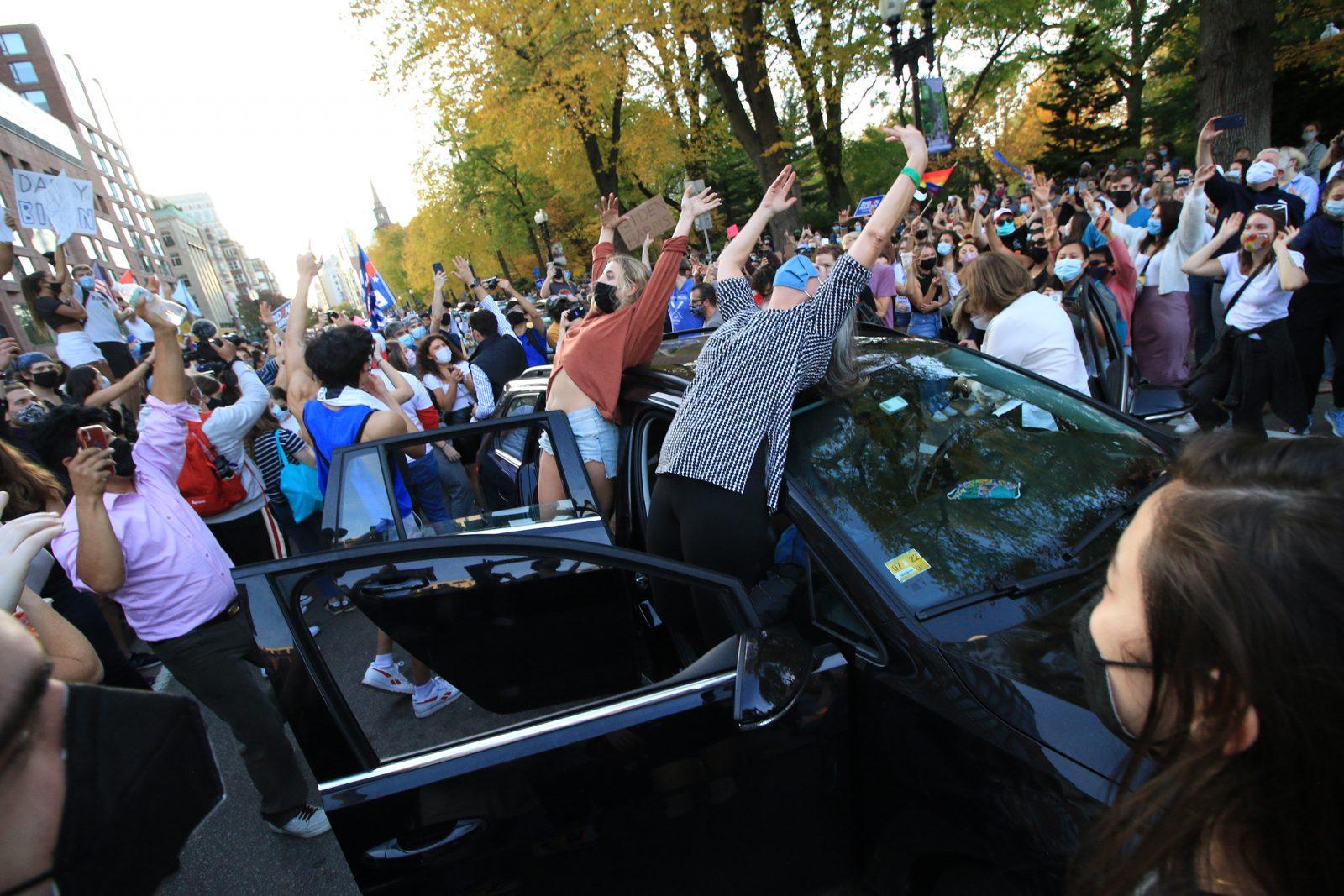As the Jan 19. special election to fill the late Ted Kennedy’s vacant U.S. Senate seat approaches, various public opinion polls have been in disagreement over whether Democratic Attorney General Martha Coakley has a double-digit lead, or is in a dead heat with Republican State Senator Scott Brown R-Wrentham.
A Rasmussen poll released Tuesday claimed Coakley now leads only with two-point difference as opposed to a nine-point difference they polled the previous week.
On Sunday, The Boston Globe published a poll contradicting both Rasmussen polls, showing Coakley with a lead of 15 percentage points.
A fourth poll by Public Policy Polling, conducted in early January, even showed Brown leading by one point.
‘I really don’t believe that one,’ said Boston University College of Communication professor John Carroll.
In his opinion, the polls gave very different results because of technical differences in the methodology when conducted.
‘The Rasmussen Polls are conducted by robots,’ explained Carroll, ‘which gives you a cross section of voters who tend to be highly committed voters willing to deal with an automated phone call.’
‘We’re encouraged by the results, which show strong support among independents for Scott Brown’s message of lowering taxes and holding the line on wasteful spending.’ said Brown Spokesman Felix Browne, on the Rasmussen poll.
Coakley Spokesman Matt Helmann declined to comment on the results of the polls.
The Globe poll reported that 50 percent of voters surveyed would vote for Coakley if the elections were held today, with Brown earning 35 percent.
‘The Globe poll is more traditional and essentially reflects more conventional wisdom’ Carroll said.
With approximately a quarter of those surveyed in The Globe poll claiming they hadn’t made up their minds, Brown still has a chance of winning over more voters. Coakley appears to have the advantage with undecided voters, as her lead grew to 17 points when poll respondents were asked which candidate they were leaning toward.
Carroll identified the fact that two candidates are running against each other in a January special election, as opposed to the first Tuesday in November, as an ‘x-factor’ in the race.
‘Brown must be praying for a snowstorm,’ Carroll said. ‘Just the real true believers would go out to vote.’
Though Massachusetts is typically a blue state, consistently low voter turnouts for special elections and an enthusiastic conservative minority has brought the margin between the candidates closer than usual. In the Dec. 8 primary, less than 15 percent of eligible voters cast ballots to advance Coakley and Brown.
Rasmussen Reports President Scott Rasmussen said that though these factors may boost Brown’s numbers, they may not give him a decisive winning edge in the Jan. 19 special election.
‘There’s no doubt in my mind if it was a regular election, [Coakley’s] lead would be bigger because more people would turn out,’ he said. ‘Conservatives are more likely to show up for this election. In some states that would be enough to get a Republican win, but in Massachusetts it’s still a big hill to climb.’
The influence of Kennedy on this race is undeniable, his name has been brought up in every debate. Yet some like Carroll aren’t sure if Mass. voters want to keep it the Kennedy way, or want to go in another direction.
‘Coackley is looking a lot like Hillary Clinton was looking like in the 2008 primaries. She had the endorsement from the Kennedys, but there is some speculations that it won’t help her so much, tying her to old school politics.’ Carroll said.
Carroll also made a comparison between Brown and President Barack Obama. ‘Scott Brown is running against the status quo, and it worked pretty well for Barack Obama,’ he said.
‘It is not inconceivable that under the right circumstances Scott Brown could have a really strong shot at winning this,’ Carroll said.
If Brown were to pull off the upset against Coakley, he would be the first Republican to represent Massachusetts in the Senate in 32 years. The last time Mass. voters sent a Republican to the Senate was in 1972, when Edward Brooke was reelected.
‘





















































































































